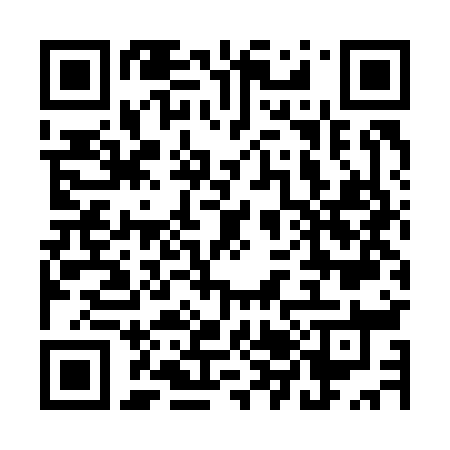
As kids and young adults, our lives are full of built-in social structures: school, dorms, sports teams, parties. Just showing up was often enough to make friends.
But after 30? Most people are dealing with packed calendars, careers, family responsibilities, and the pressure to “have it all figured out.” The result: less time, less spontaneity, and more emotional guardrails.
And let’s be honest, approaching someone new in adulthood can feel weird. We second-guess ourselves. We don’t want to seem needy or out of place. So instead, we stay polite, surface-level, or silent.
Once you’re out of school or early career spaces, you’re no longer in constant proximity to new people with similar routines. That everyday exposure matters more than we think.
By 30, we’ve been burned, ghosted, or disappointed. We’re more cautious. It takes longer to trust, and opening up can feel risky.
Following someone online doesn’t mean you feel close. Likes and emojis can’t replace late-night talks or shared experiences.
Friendship often falls to the bottom of the list. Behind work, family, self-care, and sleep. But we underestimate how much we need it.
We’re taught to see romantic or family relationships as the core of adult life. Friendship becomes “extra.” But it’s not. It’s essential.
Feeling friendless doesn’t always mean you’re alone. You might be surrounded by people and still feel disconnected.
Loneliness might show up as:
· Going through something big and not knowing who to tell
· Feeling like you’re always the one reaching out
· Hanging out but still feeling unknown
· Missing deep conversations, even if you’re chatting all day
If making friends feels daunting, start small. Real connection isn’t about quantity, it’s about quality.
You don’t have to become a social butterfly. But showing up somewhere consistently, a class, co-working space, local group, makes a difference. Familiarity builds trust.
All friendships start with a bit of awkward. That doesn’t mean it’s failing. Say hi. Ask someone to grab coffee. The worst outcome? It stays polite. The best? A new friend.
It’s okay to say, “I’ve been craving more connection lately.” Or “I’m trying to be more social again.” Vulnerability opens doors.
You might not need more people in your life, ust more openness with the ones you already know. Share something real. See what happens.
A chat companion like Nestwarm offers a low-pressure way to ease the weight of silence. It’s a quiet chat companion available anytime you want to share a thought, vent about your day, or simply say something out loud. You don’t need to explain yourself or craft the perfect message.Jjust start typing. Nestwarm listens without judgment, never interrupts, and always respects your pace. It’s not a replacement for real people, but a soft place to land when real people feel too far away.
The truth is, we all want to feel close to someone. To be known beyond the surface. And that’s still possible - at any age.
Making friends after 30 isn’t about being social all the time. It’s about finding people who feel safe to be yourself with. Even one or two of those can change how your days feel.
And until then, Nestwarm is here. Quiet, respectful, and always available. You don’t have to wait for the perfect friend or perfect timing.
Just say what’s on your mind. We’re listening.
